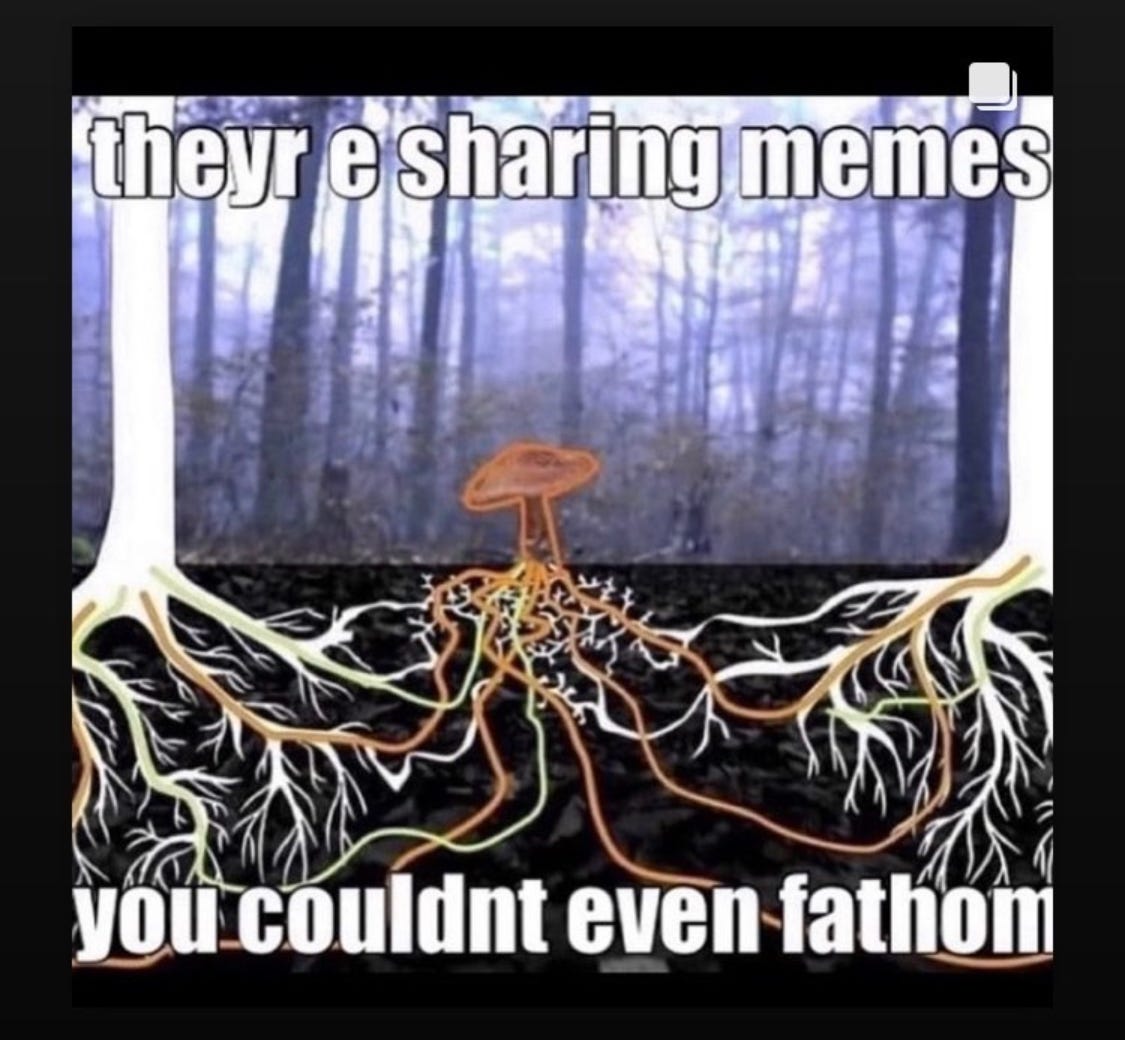The Unbearable Not-Quiteness of Being
Oh god nothing's real, AI is a hallucination factory, etc.
<opens door just a crack to see who’s outside>
Oh it’s you! Hello! How are you?
Me, yes, I’m wonderful, I was just in the back.
<gestures toward some enigmatic back room>
Yes, the back room of the internet. Strange place. Very damp. Very dark.
So look, yes, come on in.
A few bits of housekeeping.
Long time readers or anyone who dips into the archives will not…
Keep reading with a 7-day free trial
Subscribe to Delightful to keep reading this post and get 7 days of free access to the full post archives.


